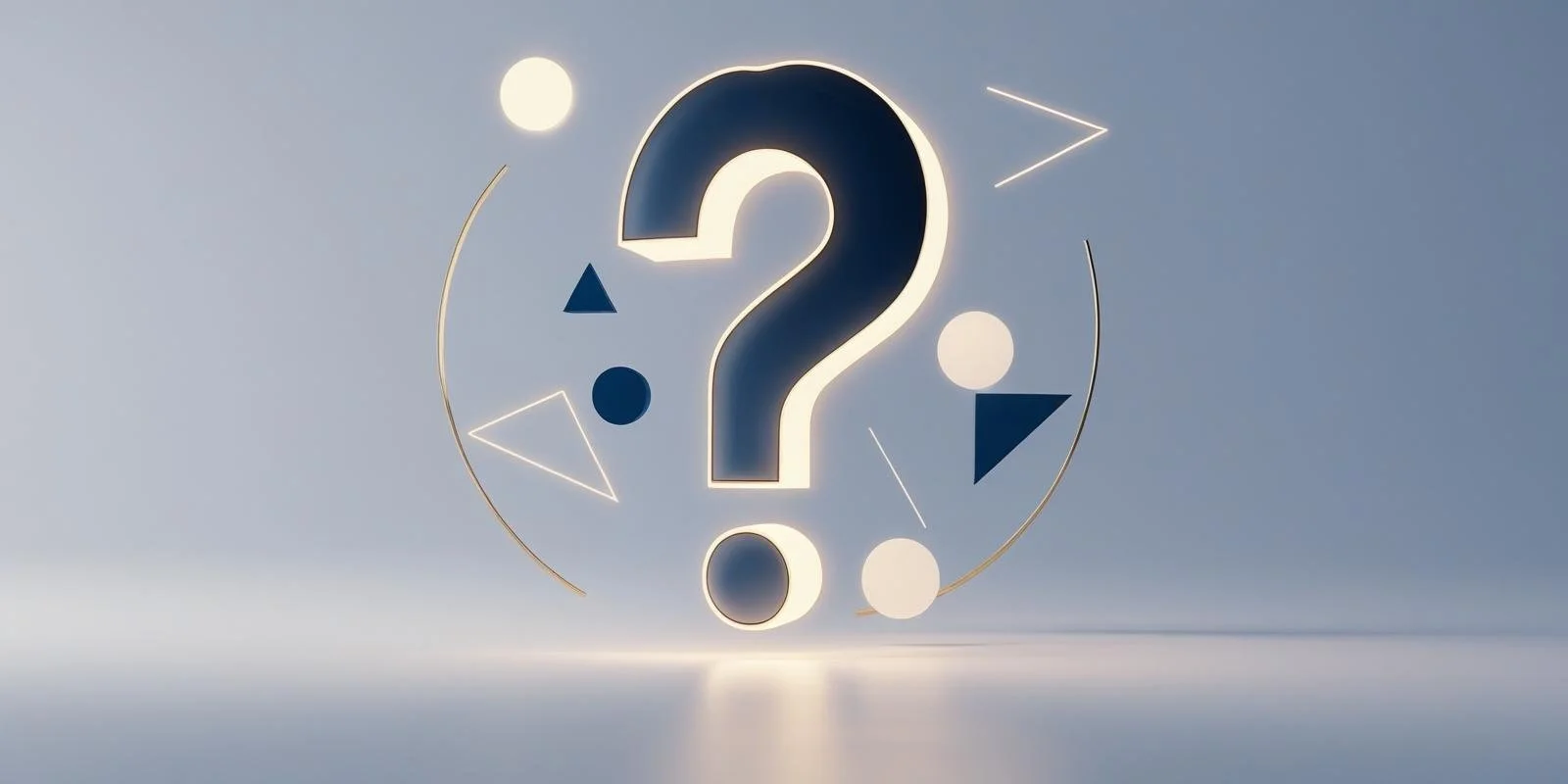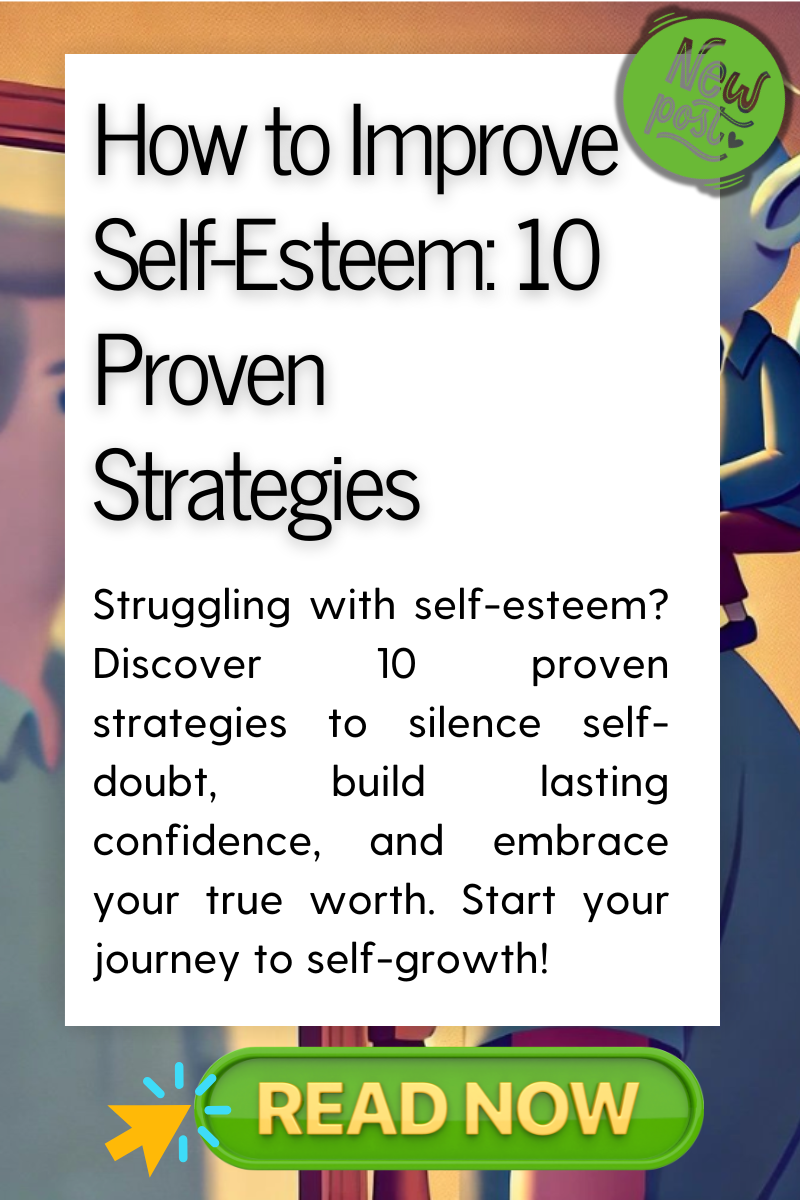Instinct vs Wisdom: Intuition to Know the Difference
The Quiet Split Second
You’re standing at a crosswalk, coffee in hand, when you hear the faint hiss of tires behind you. Before you even register the sound, your body leaps forward.
A moment later, you realize… you just avoided a car. That’s instinct. Fast. Automatic. Life-saving.
Now picture this… A friend asks for a loan. Your gut stirs, but you pause. You think about past experiences… your history with lending money… your friend’s patterns… your own boundaries.
After a night of reflection, you say no. That’s wisdom. Slow. Deliberate. Protective in a different way.
Both are vital. Both are powerful tools in decision-making. But knowing which one you’re hearing… and when to trust it… is a skill that can transform your life.
What Instinct Really Is
Instinct is the survival mechanism built into your DNA.
It’s the primal response that has kept the animal kingdom alive for millions of years… the flight response that makes a gazelle run… the maternal instinct that draws a parent toward a crying child… the automatic reaction that saves you from touching a hot stove.
This is your basic instinct at work… a set of innate behaviors designed to protect your needs and shield you from potential dangers.
It’s not rational thought… it’s physical reaction. It bypasses conscious reasoning entirely. But instinct is more than fear. It’s a natural ability to read subtle cues in social interactions… to recognize when something feels off even if you can’t explain why.
Still, instinct is best suited for immediate threats. When situations are complex, your survival mechanism can sometimes lead to impulsive decisions that don’t serve your long-term goals.
The Nature of Wisdom
Wisdom is slower… and deeper. It’s shaped by past experiences, conscious reasoning, and emotional intelligence. Where instinct reacts, wisdom reflects.
Wisdom draws from your life’s library of patterns, lessons, and outcomes. It asks: What do I know from before? How does this align with my true self? It considers the real nature of the problem, not just the first impression.
Wisdom plays a crucial role in situations where a quick reaction might miss the deeper truth. It uses rational thought, emotional depth, and long-term perspective to guide you toward the right decision… even when it’s the harder one to make.
Intuition – The Bridge Between Them
Intuition is the meeting place of instinct and wisdom.
Your gut brain—a dense network of neurons in the digestive tract—processes subtle cues before your conscious mind gets involved.
Intuitive abilities pull from both instinctual reaction and the lessons stored in memory. Sometimes it feels like a sixth sense… a spark of the divine telling you, pay attention.
Unlike pure instinct, intuition isn’t just about survival.
Unlike pure wisdom, it doesn’t require long analysis.
It’s the guiding force in complex situations that demand both speed and depth.
Key Differences at a Glance
Instinct
Survival mechanism for immediate safety
Automatic responses to potential dangers
Rooted in physical reaction
Wisdom
Built from past experiences and emotional intelligence
Slower, deliberate, grounded in values
Considers the real nature and long-term impact
Intuition
Blends instinct’s speed with wisdom’s depth
Uses subtle cues and unconscious processing
Guides better decisions in complex situations
When to Trust Instinct
Instinct is the only way forward when:
Immediate danger is present
Social interactions require fast read-and-react skill
Potential dangers outweigh the cost of hesitation
It’s the primal response that keeps you safe… but it’s vital to distinguish between true instinct and impulsive choices triggered by outdated fears.
When to Lean on Wisdom
Wisdom thrives when:
The stakes are high but not urgent
You need to see the bigger picture
Long-term outcomes matter more than immediate relief
Wisdom helps you navigate complex situations where the best way forward requires patience and deeper connection.
How to Strengthen Both
Sharpen Instinct
Tune into heartbeat, breath, and muscle tension before thought
Train in low-stakes challenges to refine automatic responses
Learn to spot false alarms triggered by past experiences
Grow Wisdom
Keep a journal of decisions and results
Develop emotional intelligence through empathy and listening
Seek diverse perspectives for creative solutions
Cultivate Intuition
Listen for the quiet whisper before overthinking
Compare instinctive impressions with reflective insight
Practice until both work together seamlessly
Turn This Into a Superpower
Most people drift between instinct and wisdom without realizing they can train both… and merge them into a reliable guidance system.
When you know which voice to follow—instinct, wisdom, or intuition—you make better decisions with less stress.
If you’re ready to sharpen your inner voice, grow intuitive awareness, and trust your choices…
👉 Book your free consultation and let’s start building your inner compass.
Key Insights
Instinct is nature’s alarm system.
Wisdom is the voice of experience.
Intuition is the bridge that unites them.
Reflection Prompt:
Think of a recent decision.
Which spoke first—instinct or wisdom?
Which made the final call?
What would happen if they worked together next time?
Join the Conversation
This post is one side of the story… the other side is yours. What came up for you?
FAQ – Instinct, Wisdom, and Intuition
How can I tell instinct from my inner voice?
Your inner voice is often shaped by inner wisdom… the deeper knowing that emerges from conscious thought. Instinct, by contrast, is immediate and rooted in physical reaction. Both play a vital role, but inner wisdom usually speaks more slowly.
Is gut instinct the same as instinct?
Gut instinct is a form of instinctive behavior that signals potential danger or opportunity before your logical mind engages. It’s powerful… but not infallible.
When should I trust wisdom over instinct?
If there’s no immediate threat and you can give extra attention to the decision, lean into wisdom. It considers long-term impact and aligns with your values.
Can instinct lead to bad choices?
Yes. An instinctual desire can push you toward impulsive actions if not balanced by conscious thought.
How does intuition combine instinct and wisdom?
Intuition blends the speed of natural instinct with the depth of inner wisdom, giving you quick yet thoughtful guidance.
What’s the difference between conscious thought and instinct?
Conscious thought is deliberate and slow. Instinct is automatic and fast, bypassing analysis entirely.
How does intuitive awareness help in decision-making?
It allows you to sense subtle cues before you can logically explain them—often preventing mistakes or opening hidden opportunities.
Why is common sense still important if I have strong intuition?
Common sense acts as a grounding check. Even the best intuitive insights need testing against reality.
Can I strengthen instinctive behavior?
Yes. You can train instincts by practicing quick decision-making in safe situations and reflecting afterward.
How do I balance the roles of instinct, wisdom, and intuition?
Give each its moment. Instinct for immediate safety, wisdom for long-term choices, and intuition when both are needed.
👉 Stop second-guessing yourself. Book your free consultation and learn how to trust the right voice at the right time.
Essential Reads for Inner Guidance
Blink – Malcolm Gladwell
Reveals the hidden science of snap judgments and when to trust them.
The Wisdom of Insecurity – Alan Watts
Shows how embracing uncertainty leads to deeper clarity.
Emotional Intelligence – Daniel Goleman
Explores how empathy and self-awareness shape better decisions.
The Gift of Fear – Gavin de Becker
Explains why trusting your survival mechanism can save your life.
Thinking, Fast and Slow – Daniel Kahneman
Breaks down the two systems of thought: fast instinct and slow deliberation.
These books inspire intuitive awareness and highlight the pivotal role of instinct and wisdom.
👉 Reading is only the first step. Book your free consultation and let’s turn insights into daily skills.
About Josh – Your Guide to Inner Clarity
I’m Josh Dolin, a certified life coach helping people tune into their true self and make decisions they trust… in the moment and in the long run.
After 20 years running a digital marketing agency, I shifted to coaching because I saw how often capable people struggle with self-trust.
Now I work with clients across the country, helping them strengthen instincts, deepen wisdom, and merge the two with powerful intuition.
👉 If you’re ready to stop second-guessing yourself and start living with clarity, book your free consultation today.























